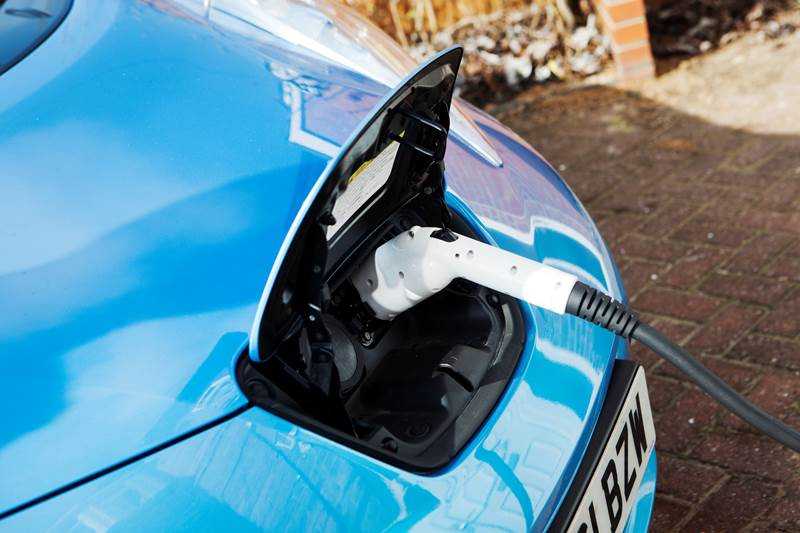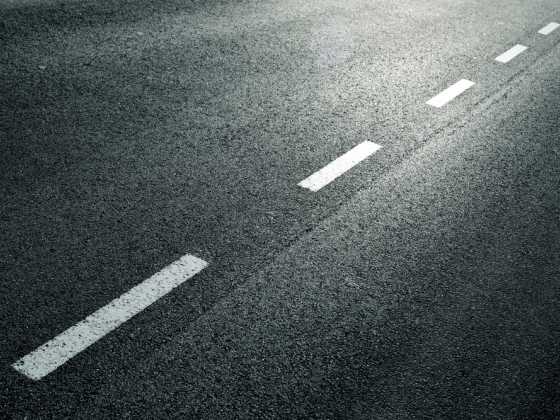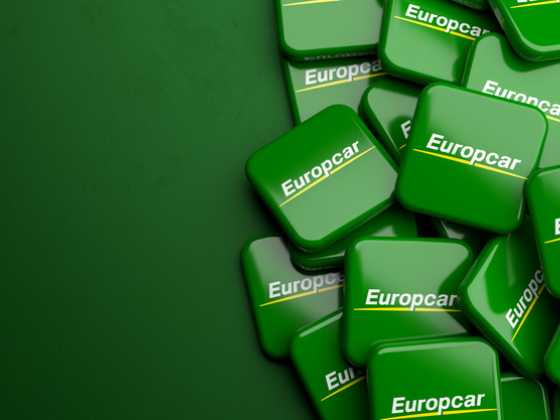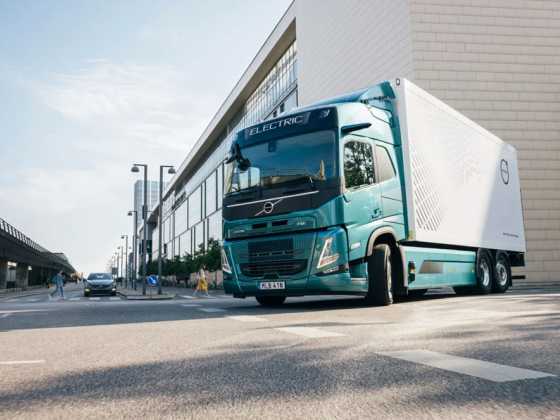Project seeks to understand needs of disabled EV drivers

The lack of provision and access to suitable electric vehicle (EV) charge point infrastructure risks leaving the 2.3 million disabled Blue Badge holders in the UK behind.
Scottish and Southern Electricity Networks (SSEN) alongside Connected Kerb and disabled motorist groups, including Disabled Motoring UK (DMUK), has launched Equal EV, a project that seeks to understand the requirements and the barriers for disabled and vulnerable motorists to make the switch to EVs.
Drivers with disabilities seeking to upgrade to an EV can face multiple obstacles to accessing charging infrastructure, such as heavy, trailing cables that are poorly designed for their use, disabled parking bays lacking charge points and obstructions such as bollards blocking easy access.
Equal EV will identify obstacles to EV adoption. The project will recommend solutions for any barriers to adoption as well as develop and test a wireless charging solution. It will also explore exciting opportunities such as utilising EVs to act as backup power supply to vulnerable households in the event of a power cut.
The project will last 18 months, identifying areas in SSEN’s distribution regions which could benefit most, recognising the challenges disabled Blue Badge holders may face and trialling real world solutions to inform how the UK can secure an inclusive EV transition.
Lisa Doogan, Head of Customer Service and Stakeholder Strategy said: “EVs pose an exciting opportunity, improving air quality and supporting the communities we serve make the transition to a net zero future. It is imperative that this transition is managed in an inclusive manner, and people are not shut out from making the shift to EVs.
“Equal EV provides an opportunity to identify and address barriers now, to ensure new technology is available to everyone and that the charging infrastructure is designed to be inclusive and accessible.
“The learnings from Equal EV will be shared with energy sector stakeholders including other network operators, who will face identical issues in their licence areas.”



